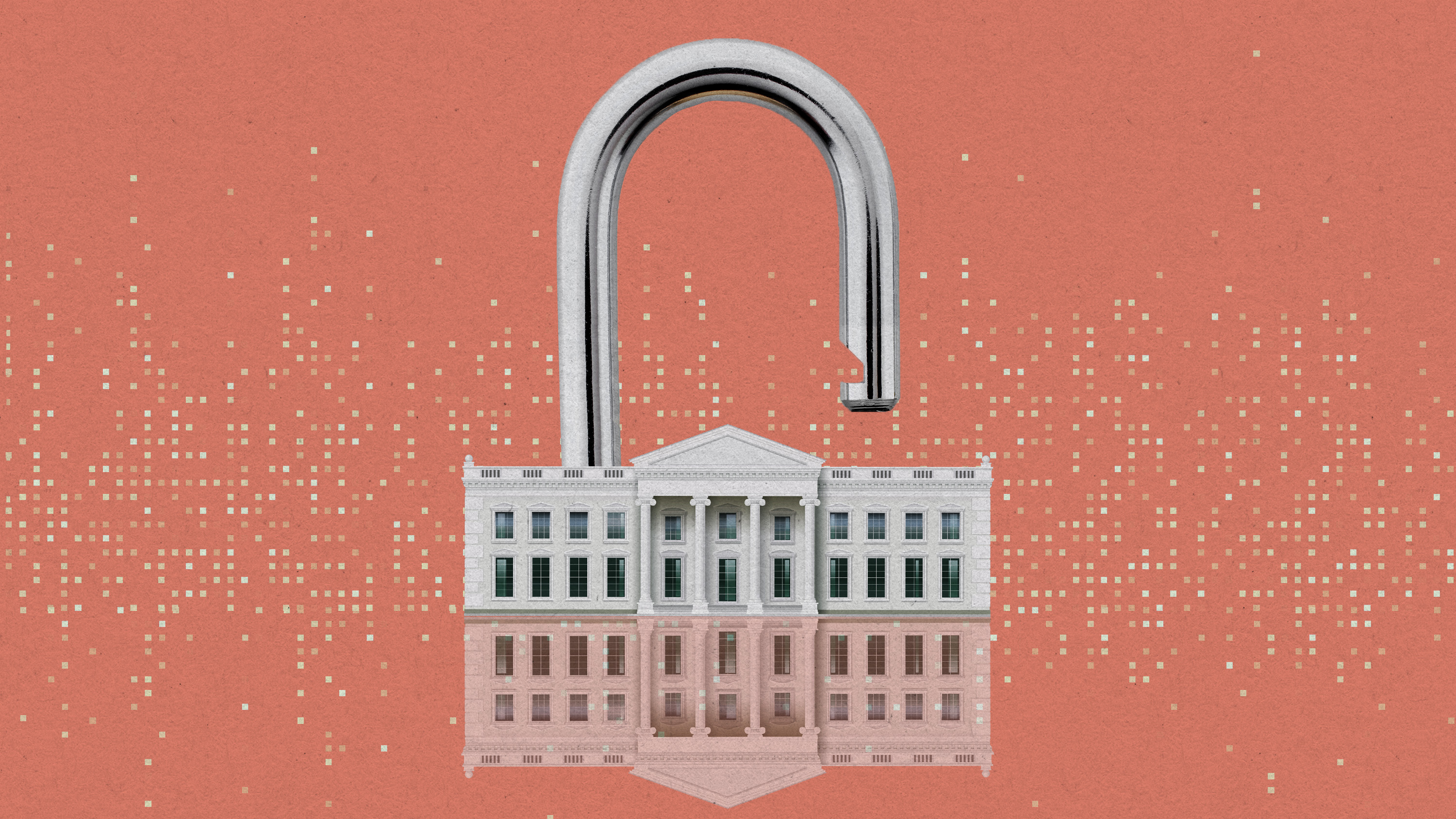What Has Changed in AI Companies' Self-Regulation After One Year?

AI Companies' Self-Regulation Commitments
A year ago, the White House proposed voluntary commitments for AI companies. These commitments aimed to enhance industry standards and consumer protection.
Improvements and Developments
- Enhanced Red-Teaming Practices: Companies have adopted stronger practices to identify vulnerabilities in their AI systems.
- Watermarks Implementation: New methods to label AI-generated content have been introduced.
Challenges Remain
Despite these advancements, the industry continues to struggle with transparency and accountability.
- No significant oversight mechanisms have been established.
- Many companies fall short in their commitment to ethical practices.
Conclusion
In summary, while there has been some progress in self-regulating AI technologies, the need for more robust frameworks is essential to ensure responsible innovation.
This article was prepared using information from open sources in accordance with the principles of Ethical Policy. The editorial team is not responsible for absolute accuracy, as it relies on data from the sources referenced.